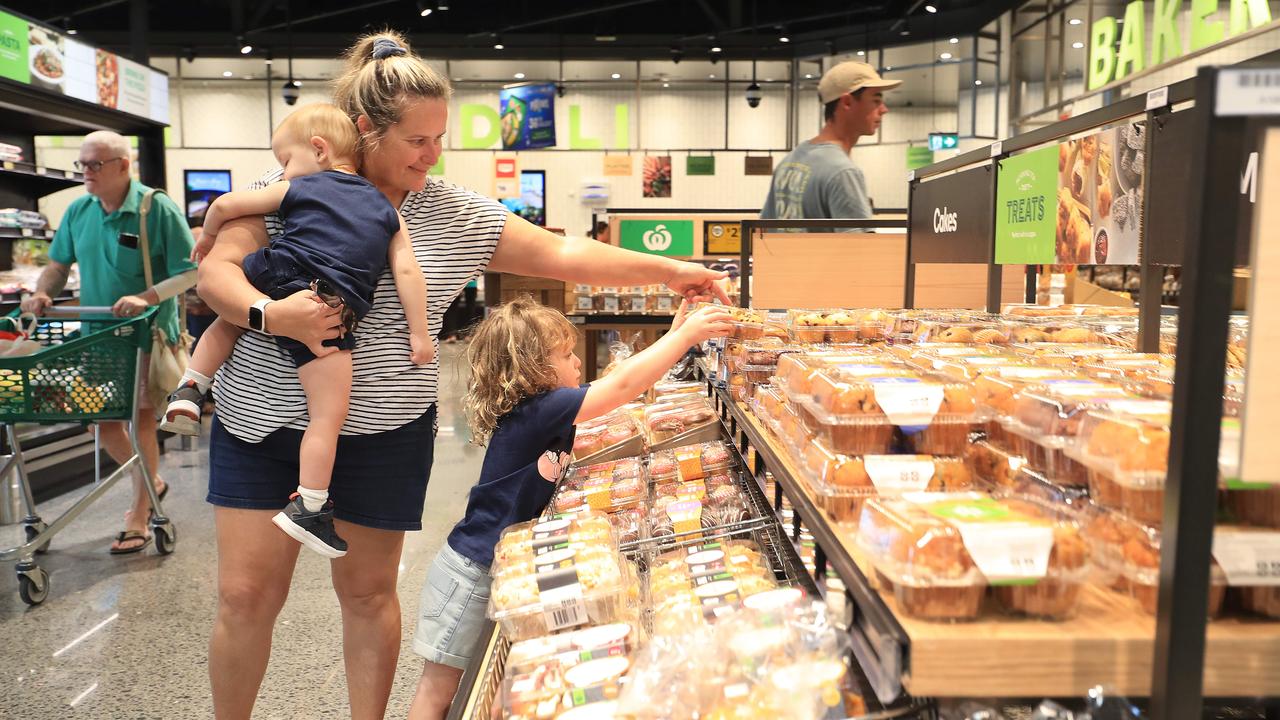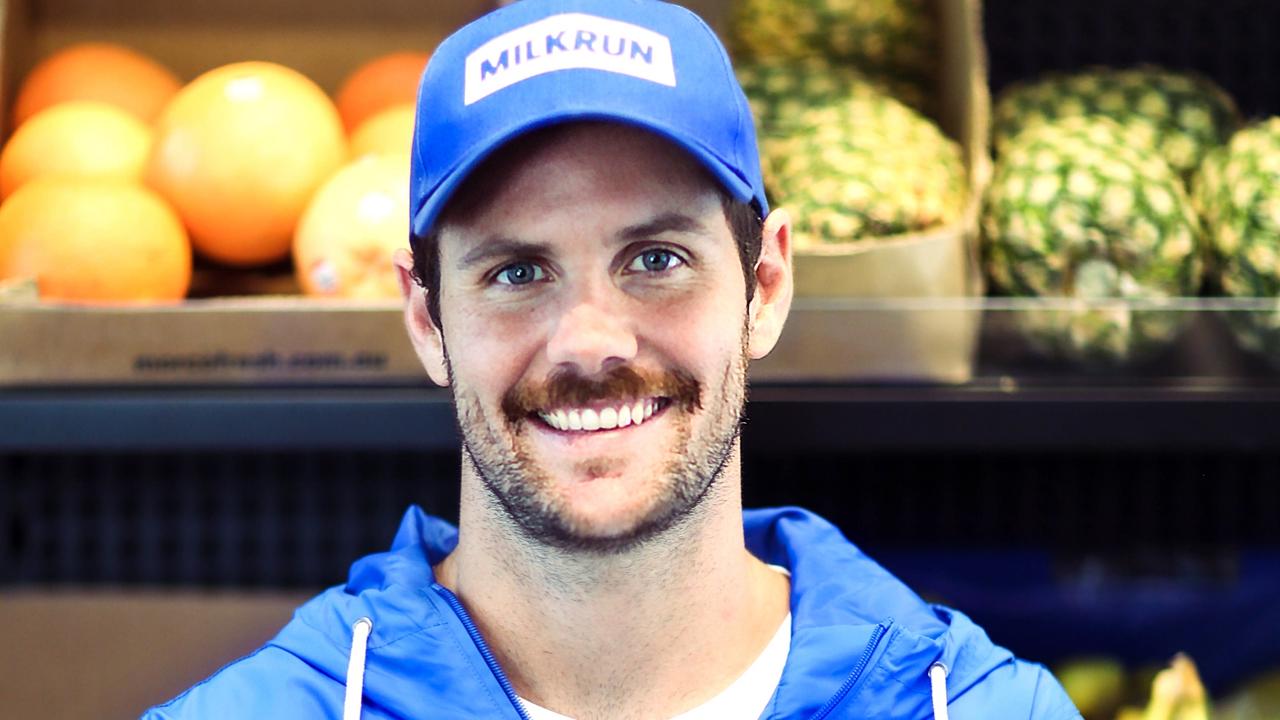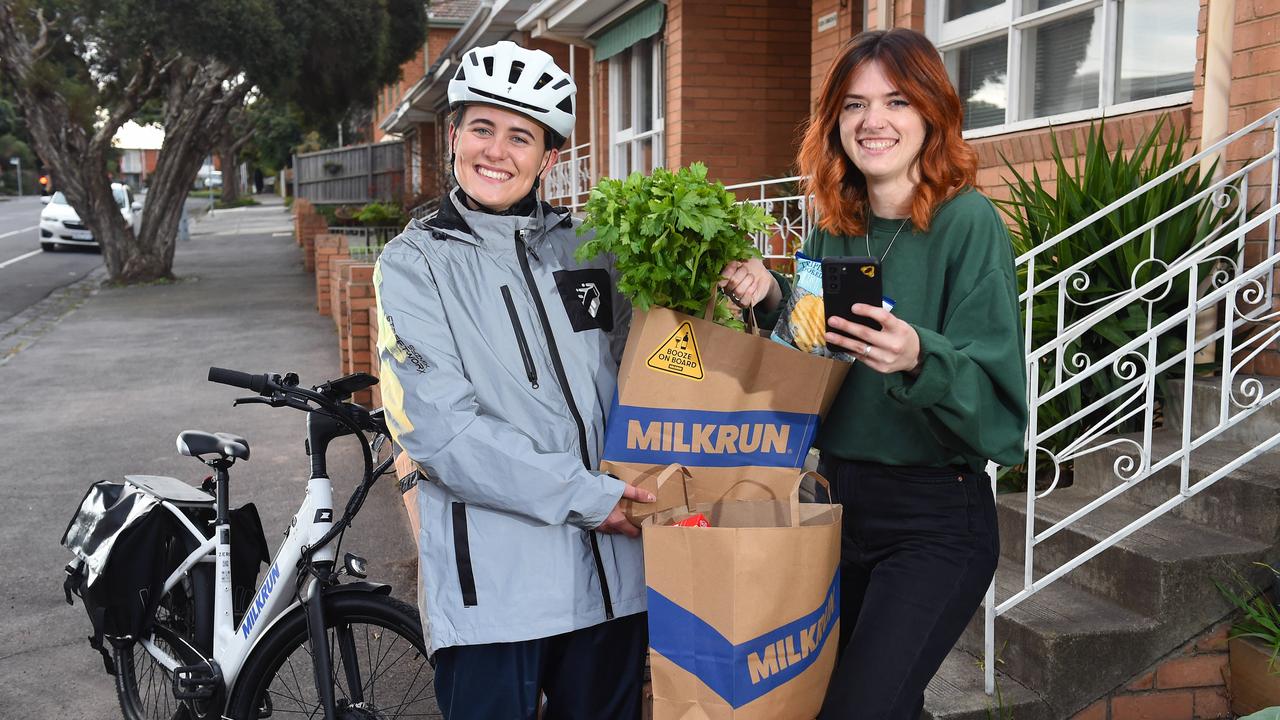An Australian company has made its second round of lay-offs this year as the sector it operates in struggles to compete against Woolworths and Coles.
An Australian online grocery delivery start-up, which raised $18 million in funding at the end of last year, has slashed more staff from its operations as the sector struggles to compete against Woolworths and Coles.
The company called Voly had already fired half of its office staff back in June and closed its Sydney warehouses in Crows Nest, Manly, Maroubra and Alexandria, with delivery times extended to 20 minutes and plans to expand into Melbourne shelved, the Sydney Morning Heraldreported.
But the start-up, which was co founded by Mark Heath and delivers to about 42 suburbs, has had to reduce its staff again with a new round of lay-offs occurring on Tuesday. It had sold the business on a promise to deliver groceries within 15 minutes.
Mr Heath confirmed more staff had been let go from the company, but said he could not “comment further because we’re engaged in a couple of transactions”, reported the Australian Financial Review.

The online delivery grocery space boomed during the Covid-19 pandemic, according to Queensland University of Technology retail expert Gary Mortimer, but the sector had fallen on harder times this year.
“During the pandemic, when particularly the CBDs and communities were locked down many people chose to shift to securing their food and groceries via online and in the initial lockdown periods, even the larger retailers like Coles and Woolworths, had to temporarily suspend online food shopping as they didn’t have the resources or capacity to meet the demand,” Dr Mortimer told news.com.au.
“It was during the peak of the pandemic that a number of entrepreneurial grocery delivery start-ups were launched as this was an opportunity to play to people’s demands for online food and groceries and naturally they competed on time. We know that in the online space it’s no longer about being the cheapest but being the fastest.
“A number of promises were made by the start up delivery firms being able to deliver in under 30 minutes and in some cases under 15 minutes.”

But since restrictions have lifted, Dr Mortimer said there had been shift back to shopping in stores, Coles and Woolworths had boosted their online capabilities, while the start-ups are also challenged by workforce shortages with less international students coming to Australia.
In June, Woolworths revealed a new app called Metro60, which promised groceries door-to-door delivery within an hour for a $5 fee. It was initially launched in Sydney’s eastern suburbs before expanding to other areas, including Melbourne in August.
“The other challenge is access to range so you can shop with Woolworths and Coles and with IGA to some extent and get access to 10,000 to 15,000 products but these smaller start-ups have much more smaller constrained offers, which makes it a bit more difficult to scale up,” Dr Mortimer added.

For some the challenges have been insurmountable with one start-up called Send collapsing in May, with an administrator’s report revealing the start-up had burned through a whopping $11 million in just eight months.
Another outfit called Quicko, which promised deliveries within two hours, also went under in mid March.
Meanwhile, in June the $75 million-backed grocery delivery start-up Milkrun sent out an astonishing email to customers apologising if they feel “let down” by it, which its CEO said could include late delivery or poor service.
Milkrun has since scaled back its delivery promises as it reported $13 loss per order.

Dr Mortimer said it was unclear whether the start-ups could survive the challenges.
“I think what the evidence has shown this year is that already several are struggling to compete. If you look at the evidence with one already collapsing, one laying off workers and one softening its delivery promises, they not able to compete on the initial point of competition, which is speed of delivery,” he explained.
“I think as Coles and Woolworths capabilities come further online we will expect to see food and groceries delivered in 30 to 60 minute windows and that’s challenging environment for online groceries companies competing against the giants.”
Extracted from News.com.au


